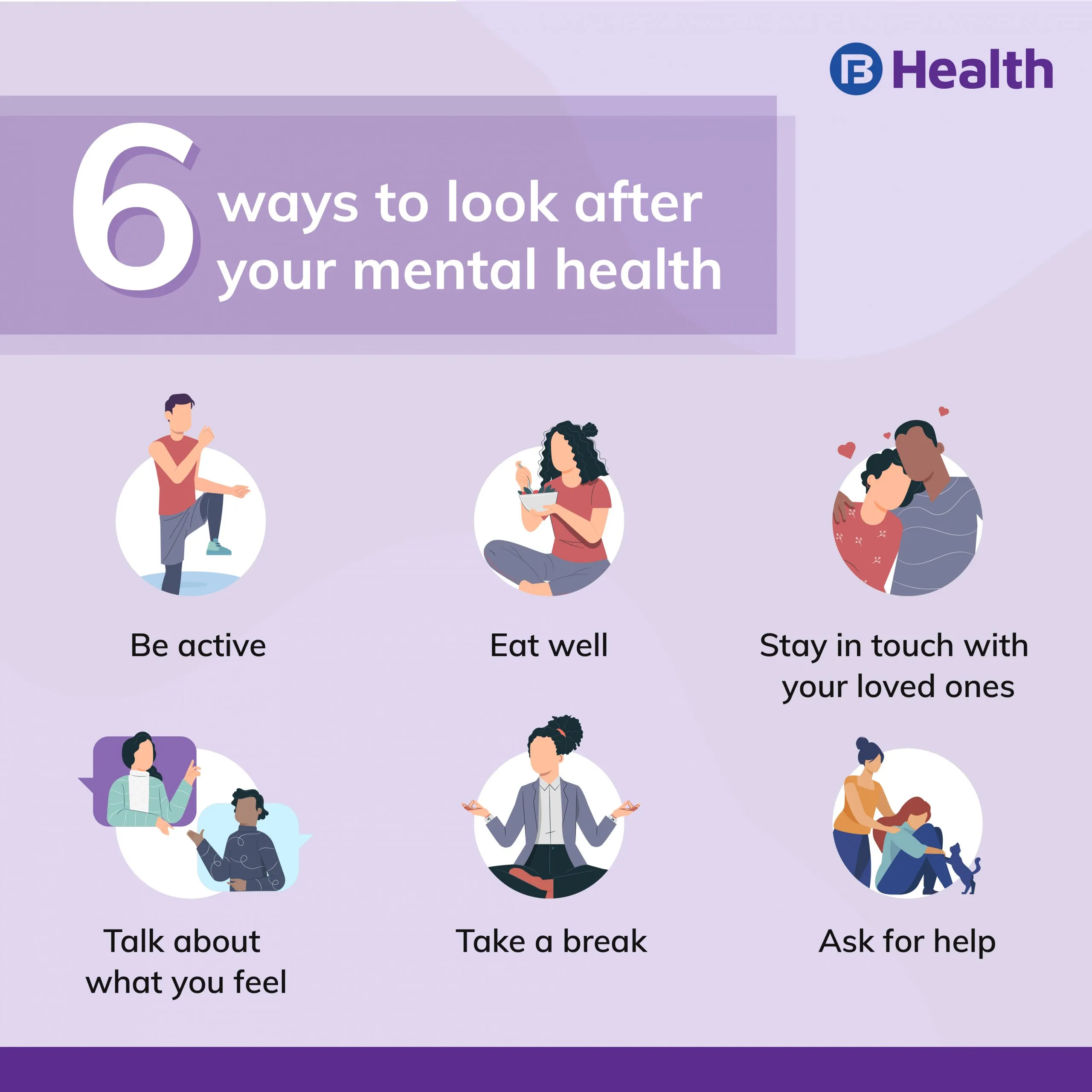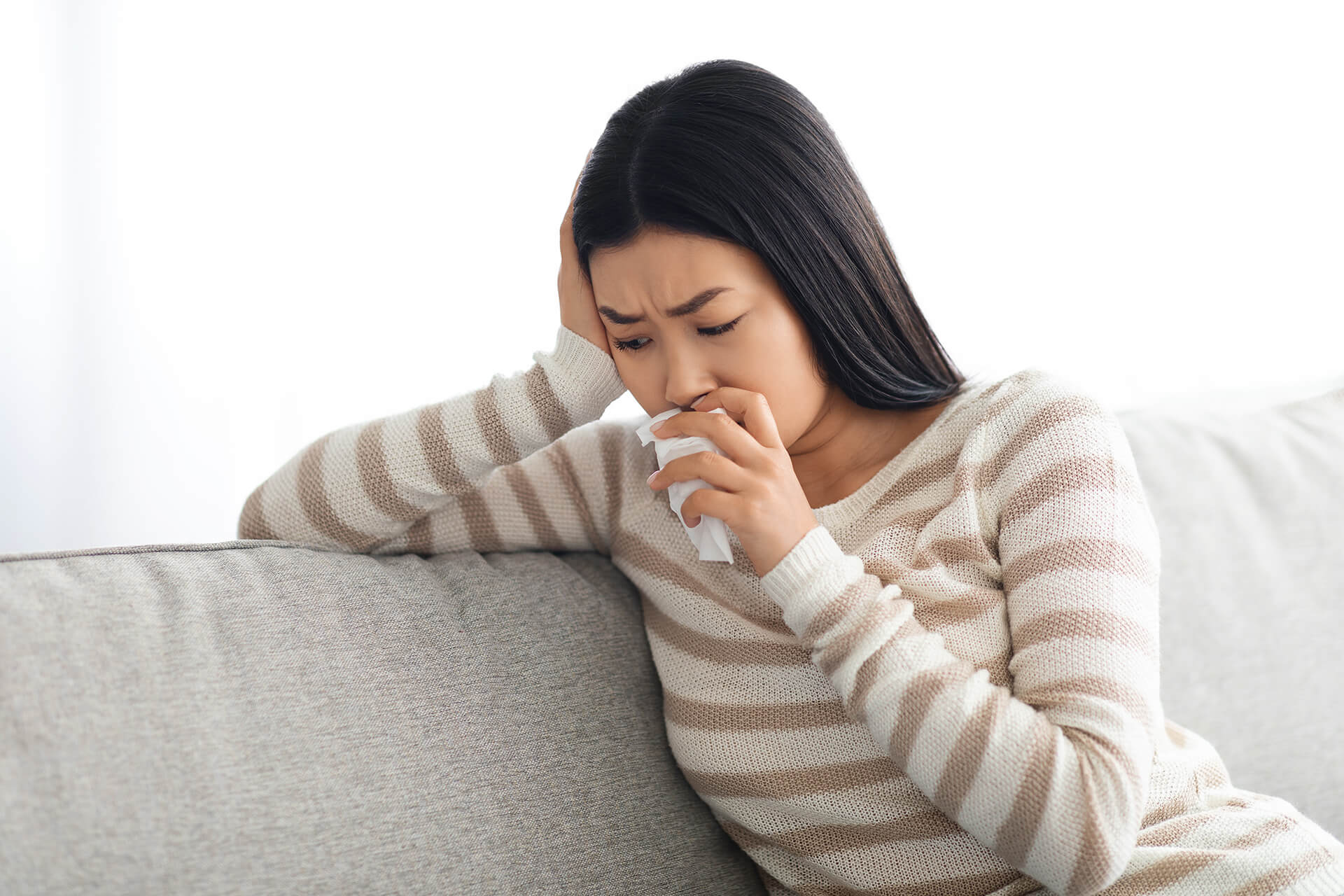Psychiatrist | 4 min read
Seasonal Depression: Its Symptoms and How to Treat It Effectively
Medically reviewed by
Table of Content
Key Takeaways
- Seasonal affective disorder is also known as winter depression
- Seasonal depression affects up to 3% of the general population
- Doctors can treat affective disorder with CBT and phototherapy
Seasonal affective disorder (SAD) is a common mental illness triggered by the changes in seasons. It is an ailment that affects 0.5-3% of the general population [1]. SAD is a subtype of clinical depression and bipolar disorder.
Clinical depression may stem from a prolonged period of loss of interest or sadness. Bipolar disorder happens when you experience alternating episodes of hyper activity and depressive periods. SAD is also called seasonal depression but is more than simple winter blues. It can affect how you think and feel.
Most people experience SAD at the start of colder climate, which gets severe in winter and ends in spring. This is why it is also known as winter depression. Some people have a milder version of SAD that affects them only in winter. Fortunately, with treatment you can manage SAD.
For effective treatment, make sure you identify the symptoms. While the signs of seasonal depression may vary, there are some common ones. Read on to know more about them, the causes and treatment options.
Symptoms of Seasonal Affective Disorder
In case of seasonal depression, you may experience signs such as
- Anxiety
- Weight gain
- Cravings for carbs
- Sadness
- Irritability
- Inability to concentrate
- Fatigue or lack of energy
- Loss of interest in everything around
- Suicidal thoughts

Causes of Seasonal Depression
The exact cause of this affective disorder is not known yet. However, researchers believe that following may be the causes of depression triggered by seasonal changes [2].
Brain Chemical Imbalance
The neurotransmitters of your brain are chemicals that send communication to your nerves. These chemicals include serotonin that is responsible for you feeling happy. People with affective disorder have reduced serotonin activity. This usually happen due to lack of exposure to sunlight, which boosts serotonin. That is why during winter, if you don’t go out in the sun, your SAD may become worse.
Melatonin Boost
Melatonin affects your sleep pattern. Due to the lack of sunlight in winter, this chemical may be overproduced. This may cause you to feel sleepy and sluggish in winter.
Deficiency of Vitamin D
This vitamin boosts your serotonin. Lack of exposure to sunlight during winter leads to vitamin D deficiency. This can affect your serotonin level and your mood.
Biological Factors
Your internal clock is responsible for regulating your hormones, mood, and sleep. The timing of this clock may shift because of less exposure to sunlight. This may also affect all associated factors, and make you unwell.

Treatment for Seasonal Affective Disorders
There are many ways to effectively treat affective disorder. Some these treatment options are:
Cognitive Behavioral Therapy (CBT)
A subtype of psychotherapy, CBT can help you form healthy coping habits for SAD. It may also help you identify your negative thoughts and change them. With this therapy, you can also decrease your stress and improve your sleep.
Intake of Vitamin D
Make sure you get enough vitamin D during winters to manage your SAD stress-free. Before trying out vitamin D supplements, talk to your doctors. They may help determine the right type and quantity for you.
Phototherapy
Also known as light therapy, this treatment can help treat SAD during winter. Light therapy is one of the most effective treatment options for affective disorder [3]. In this therapy, you are exposed to light coming out of a box. It replicates natural outdoor light and leads to a change in your brain chemicals. You may see the effects of this in a few days or weeks. Before purchasing a light box, talk to your doctor to get the best options.
Additional Read: 5 Effective Ways to Beat Depression Naturally Without MedicationMedication
When your symptoms are severe, medication may be the best treatment option. Taking anti-depressants may help you prevent an episode if you have a history of SAD. Your dosage will be decided by doctors depending on your symptoms. Your doctor may also suggest taking medications before your symptoms usually appear to prevent a relapse. The effects of anti-depressants on seasonal depression may be noticeable after a few weeks.
Being Outdoors
Being out in the sunlight may help improve your symptoms by bringing about a balance in your brain chemicals. You can also ensure that enough sunlight enters your house. This helps balance vitamin D and other chemicals. It may also reduce the symptoms of your affective disorder.
While you may not be able to prevent your first episode of seasonal affective disorder, you can start your treatment early to block its relapse. To effectively do this, you need to know how to take care of mental illness. Speak to your doctor and get the best treatment as per your symptoms. You can also book appointments with the best psychiatrists on Bajaj Finserv Health. Taking proactive steps to treat and manage seasonal depression will help you live a healthier and happier life.
References
- https://medlineplus.gov/genetics/condition/seasonal-affective-disorder/#frequency
- https://www.nimh.nih.gov/health/publications/seasonal-affective-disorder
- https://www.ncbi.nlm.nih.gov/pmc/articles/PMC6746555/
Disclaimer
Please note that this article is solely meant for informational purposes and Bajaj Finserv Health Limited (“BFHL”) does not shoulder any responsibility of the views/advice/information expressed/given by the writer/reviewer/originator. This article should not be considered as a substitute for any medical advice, diagnosis or treatment. Always consult with your trusted physician/qualified healthcare professional to evaluate your medical condition. The above article has been reviewed by a qualified doctor and BFHL is not responsible for any damages for any information or services provided by any third party.





